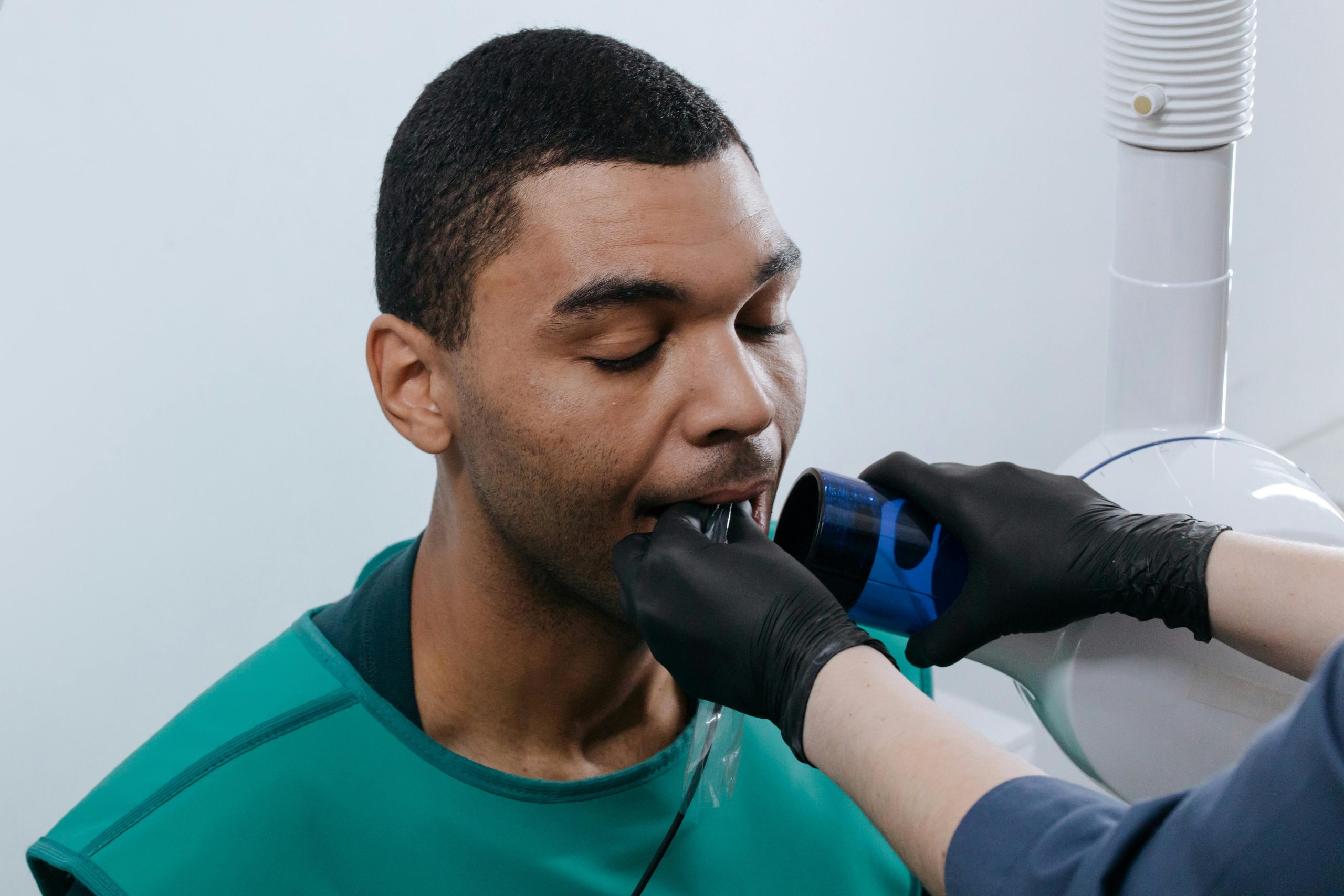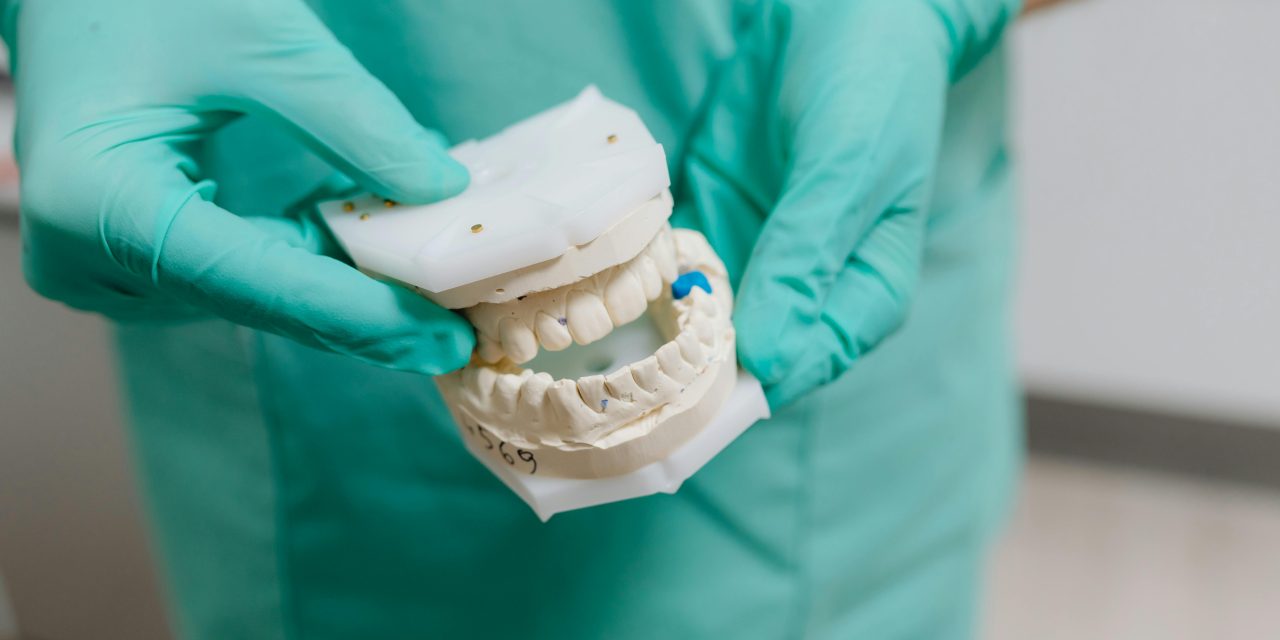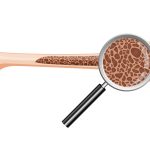Learn more about that recurring pain in the jaw and how to self-soothe
It’s a weird, often-painful discomfort in your jaw. It feels like your jaw is “clicking” or popping. If that sounds familiar, let’s get to grips with temporomandibular disorder (also known as TMJ). Simply put – it’s a pain in the jaw.
Quick Read:
- TMJ stands for temporomandibular joint, which connects your lower jawbone to your skull.
- We all have two TMJ joints – one on each side of the head, right in front of the ears.
- These joints help to move the jaw up and down and side to side, allowing us to talk, chew and yawn.
Why does my jaw hurt?
The most common cause of pain in the jaw or temporomandibular disorder is from tension in the jaw, neck and shoulder muscles. We can typically blame stress or habits such as clenching or grinding our teeth, which then manifests as this jaw pain tension.
TMJ can feel quite uncomfortable and painful at times – you may feel pain when chewing or yawning. You could have that painful “clicking” and popping in the jaw joint and you may also feel your jaw lock like you cannot open your mouth fully. It may even hurt to yawn!
Headaches from TMJ are also common, as well as pain in your neck and shoulders.

What can I do about TMJ?
Try these at-home treatments to ease the pain in your jaw.
Warm and cold packs
- Place a warm cloth or heating pad on your jaw for a little while to help your muscles relax. You could also use an ice pack wrapped in a towel on your jaw to stop the swelling and ease the pain.
Simple jaw exercises
- Move your jaw gently. Open and close your mouth slowly and move your jaw side to side. This exercise helps to “loosen” the area.
Gentle massage
- Use your fingers to gently rub your jaw and the muscles around it. It helps get rid of tightness. Try to do this a few times a day, especially if you notice you’re gritting your teeth or clenching your jaw.
Avoid chewy foods
- It may not be a long-term solution, but try your best to eat softer foods that don’t need much chewing or further aggravate the pain. This makes it easier on your jaw.
Better posture
- Sit up straight and keep your head up when you’re at a desk or looking at your phone. This helps your jaw to remain relaxed. Make a conscious effort to relax your shoulders instead of hunching over your desk.
Mouthguards
- Ask your dentist about a special mouthguard that you could wear at night. This would help to keep your teeth from grinding and allow your jaw to rest.
Sleep well
- Try to sleep on your back with a good pillow. This ensures your jaw is in a comfy position.
Help at hand
Sleep apnoea and TMJ disorders are often linked. People with sleep apnoea may unconsciously clench or grind their teeth, leading to jaw pain. It’s a good idea to speak to a doctor if you’re struggling with sleep issues; treating this problem may help relieve the jaw pain in the long run.
It’s important to speak to a doctor and get treatment as soon as possible if you have jaw pain along with chest pain or pressure. Sometimes, jaw pain can come on from referred pain, starting from other areas, like the neck or even the heart. For example, angina or a heart attack may cause pain that radiates to the jaw.
If TMJ is consistently getting worse and affecting your daily life, please reach out to a doctor for help.
Images: Pexels





















